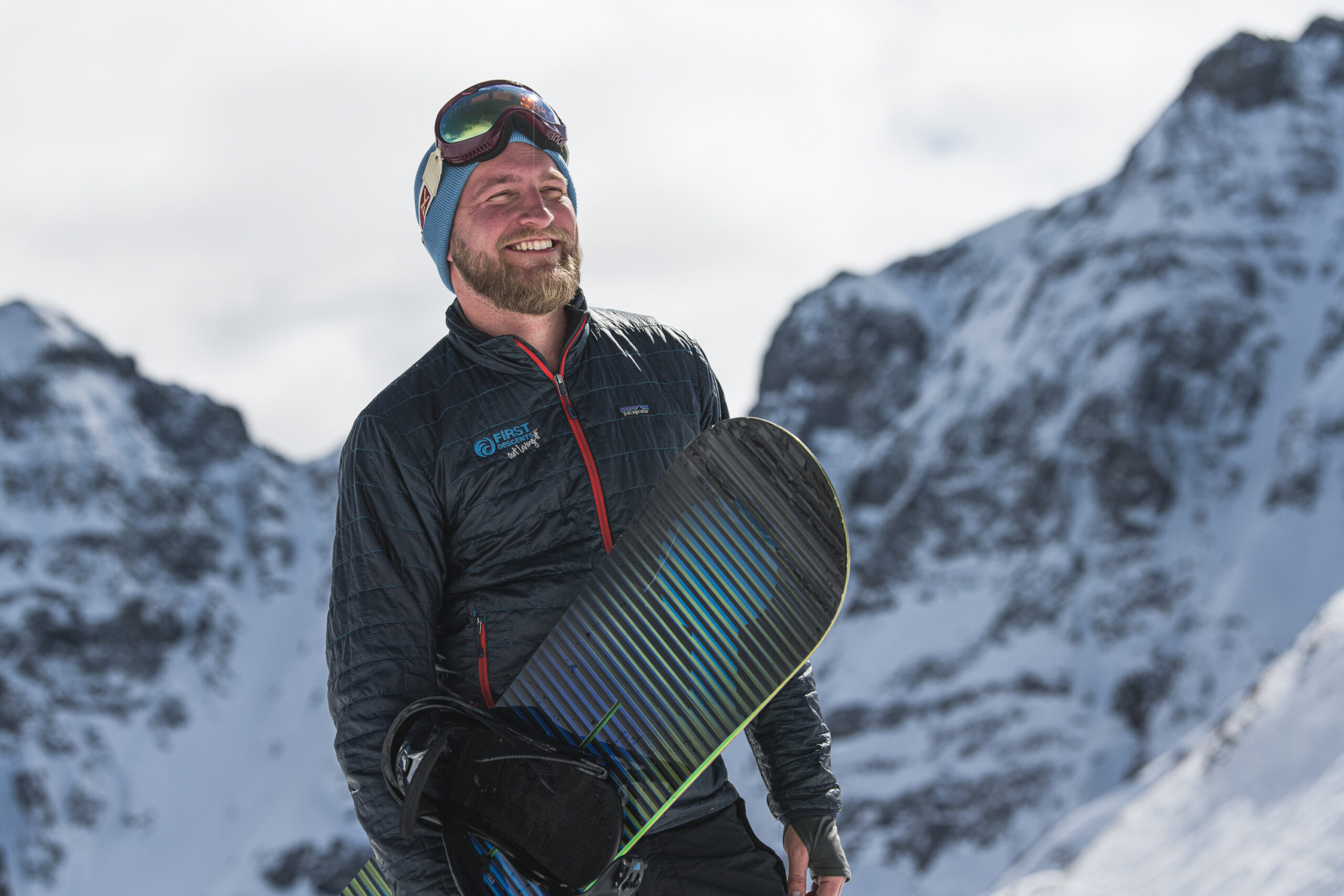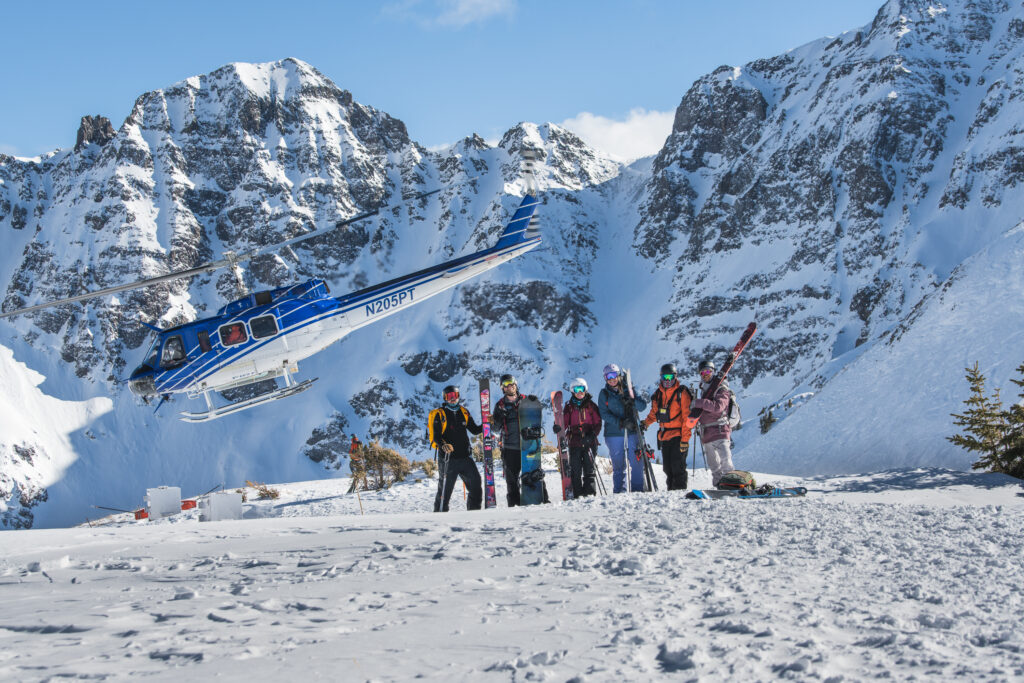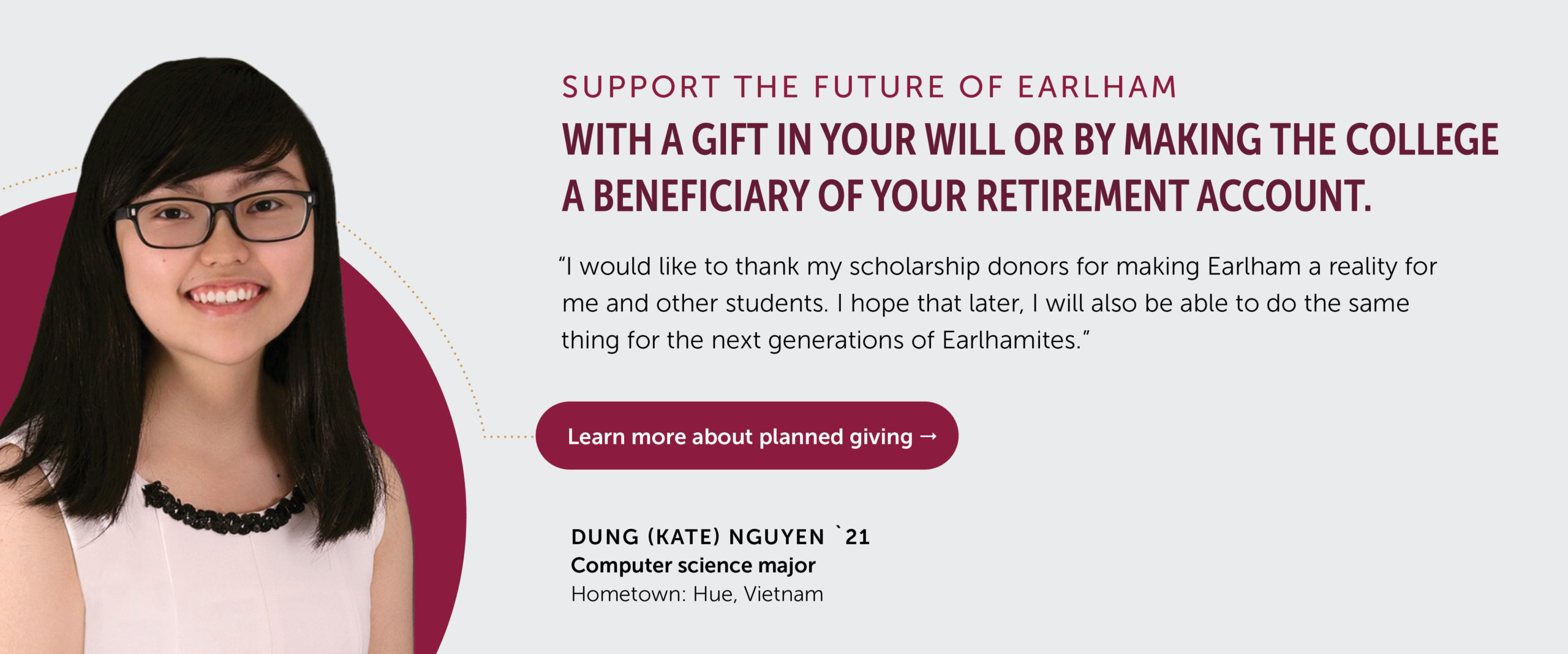
Before becoming the director for Colorado’s Outdoor Recreation Industry Office, Conor Hall ’13 turned to nature for fun and, ultimately, to cope with a cancer diagnosis.
Conor Hall ’13 grew up in the remote town of Crestone, Colorado, where mountain peaks tower over the landscape at 14,000 feet and encircle some of the nation’s most picturesque stretches of wilderness in the country.
“I have a twin brother, as well as a younger sister and brother, and we spent our childhoods running around in the woods. We didn’t have cable television at home,” Hall said. “We’d be free-soloing cliffs, exploring mine shafts, building boats to go down white-water rapids. We just spent every waking moment running around outside. We were kind of wild kids.”
Hall’s wild side was met with near-death experiences that included falling off a cliff, crashing and flipping a car to dodge a deer and being stalked by a cougar. On another occasion, he made an unplanned emergency landing in a cow pasture in a skydiving mishap.
“These kinds of things would happen, and I would just walk away mostly unscathed,” Hall said. “That happened all through childhood and high school, and it just really started to permeate into my mentality a little bit. When you walk away from that many things, there’s a bit of a feeling of invincibility.”
That sense vanished when a cancer diagnosis forced him to grapple with his mortality and postponed his life’s plans. The experience, which occurred during Hall’s time on the Earlham campus, and his eventual recovery drew him closer to nature and inspired a lifetime of helping others do the same.
Today, Hall is a champion and advocate for the nonprofit First Descents, which introduced the 20-year-old Hall to the outdoors in a way that was new to him: alongside other young adults affected by serious health conditions.
“There’s a healing that comes through adventure,” said Hall, who is director of the Outdoor Recreation Industry Office for the State of Colorado.
“It shows that you are alive,” he said. “Nature, in my opinion, is just one of the most grounding, healing things we have in this world. There’s adrenaline that comes from experiencing adventure with others and a deep bond that forms. That’s where the magic is.”
The diagnosis
On the final day of his sophomore year at Earlham in 2011, Hall finally had succumbed to the rigors of finals week and a mysterious illness that he couldn’t shake.
“I had been taking way more credits than I was supposed to and had spent the last couple of weeks writing all night and day without much sleep,” said Hall, who earned a degree in politics from Earlham. “I wasn’t feeling super healthy, but I just attributed it to stress and lack of sleep.”
Hall visited the campus health center to get a decongestant and was walking out the door when he noticed a swollen lymph node on the right side of his neck. He turned around and asked the doctor on call to take a look. The doctor urged him to visit nearby Reid Hospital and get a CT scan before leaving campus.
“They wouldn’t tell me the results immediately,” Hall said. “They brought me back to campus and asked if I could call my twin brother and get my mom on the phone. That’s when I started suspecting that something might be pretty wrong.”
Hall’s instincts were right. The scans detected multiple tumors that had wrapped around his heart and lungs, and had extended into his neck. Hall would later be diagnosed with stage two bulky Hodgkin’s lymphoma.
“After hearing about cancer and the size of the tumors, I thought, ‘I’m going to die from this,’” Hall said. “I didn’t say anything. I went into consoling mode, telling everyone who was crying that it was going to be OK. I didn’t want everyone to know what I truly thought the outcome would be.”
“After hearing about cancer and the size of the tumors, I thought, ‘I’m going to die from this.'” I didn’t say anything. I went into consoling mode, telling everyone who was crying that it was going to be OK. I didn’t want everyone to know what I truly thought the outcome would be.”
Conor Hall ’13
In an instant, Hall’s summer plans changed. Instead of spending the summer in Washington, D.C. for a prestigious internship and preparing to study abroad in Nepal the following fall, Hall flew home to Austin, Texas, where his parents were living. Chemotherapy followed. During treatment, Hall vowed to stay sharp by reading books, and playing memory games and intramural volleyball with friends.
“Once I really understood what chemotherapy is and what it does—basically killing poison in your body with another poison—I was concerned about physical and mental degradation,” said Hall. “So I came up with a plan. I taught myself economics, investment theory and some Spanish.”
Playing sand volleyball proved especially beneficial after enduring six-hour chemotherapy sessions. “Sometimes I really had to push to do that, but it was important for a number of reasons,” Hall said. “To me it was significant that even if this was tough, I wasn’t going to let it change what I wanted to do, how I wanted to live or the things I took joy in. There’s something about getting out with your close friends, doing something physical. The act of being outside and being in community was really powerful and healing.”
A turning point
Hall decided to return to Earlham the fall after his diagnosis in 2011, not as a student but to celebrate the completion of his chemotherapy treatment. By all indications, he was responding to treatment and heading toward remission. His brother, Patrick Hall ’13, his sister, Maura Hall ’13, and his girlfriend (now wife), Harper Lodge-Rigal ’13, were on campus eager to mark the occasion.
A phone call from a new oncologist, however, sullied the celebratory mood. The cancer was not gone. Hall would have to do another round of chemo as well as radiation.
“That next morning was a low point,” he said. “It was really tough after thinking that I had beaten it.”
The news about Hall’s prognosis quickly spread around campus. During breakfast the following morning in the dining hall—Saga—friends and other Earlhamites formed a line to embrace their classmate and show support. Josie Lee Demeo, the late food services worker known affectionately by Earlhamites for decades as “Jo the Bouncer,” started the proceedings.
“It felt like everyone in Saga was wrapping me up in a big hug,” Hall said. “When I was at the lowest of lows, it was one of the most beautiful exhibits of community and support that I’ve ever experienced. It was really representative of the type of community that Earlham is.”
The concept of community would continue to play a significant role throughout Hall’s second round of treatment, which ended on December 22, 2011, after eight months total. As Hall crossed the finish line, his primary oncologist recommended he join a program helping young-adult cancer survivors heal and connect through outdoor adventure offered by First Descents. Participants spend a week surfing, rock climbing and kayaking in majestic natural locales around the country.
“I remember thinking that I didn’t need a support group, but that I would go surfing for a week with them,” he said. “When I got there, it was a powerful experience. It turns out, I did need to be surrounded by other young people who had shared a similar experience of deeply facing their own mortality in a serious health crisis.”
Hall was so moved by the experience that he decided to do whatever he could to spread awareness about the program and support its future growth and success. He is an avid volunteer for First Descents programs and has served as an ambassador at various events. He has held fundraisers and donated both time and money. He is also an alumni advisory board member.
“We all need connection and community support,” Hall said. “I had a great community around me going through this experience—at Earlham and down in Austin with supportive family and friends—but I didn’t know anyone else my age who had gone through something like this. It would have been great to have people my age who fully understood it even without having to talk about it, just being in those same rooms. That’s where First Descents was so helpful. It was inspiring, and it was a relief, like a weight off my shoulders while I was with them.”
Nature for all
Eight years ago, Hall was tapped to support the creation of the State of Colorado’s Office of Outdoor Recreation Industry while working as a key advisor for then-Governor John Hickenlooper’s administration. A year and half ago, Governor Jared Polis appointed Hall to lead the office he helped create. The office serves as the central steward for one of the state’s lifeblood industries in Colorado, with about $63 billion in eco- nomic impact every year. It involves more than 500,000 jobs, nearly 20 percent of the jobs in the state.
More recently, the office has transformed into a grant making entity with plans to directly award or support in the disbursement of more than $11 million in grants. One of those programs is the Colorado Outdoor Equity Fund, which the legislature started in recent years. Through the program, the state awards grants to nonprofits and businesses, education institutions and tribes to break down barriers of access to the outdoor experience for BIPOC, LGBTQ+ and disabled communities.

“It’s incredibly fulfilling, worthwhile, high-impact work,” Hall said of his position as the state’s director for the outdoor recreation industry. “We’ve done a lot of great projects there. Don’t tell the governor but, honestly, I think I have the best job in government.”
On the horizon is a project that Hall believes could result in a national gathering place for the outdoor recreation industry and combine his passion for nature and community. The goal is for the event to be comparable to South by Southwest, which draws hundreds of thousands of people to Austin, Texas, for an annual celebration of technology, film, music, education and culture.
“We’re taking a big risk doing this, but I think it’s the right thing to do,” Hall said. “There’s a need for it. We’re meeting with key stakeholders right now.
“I feel so lucky to be in the role that I am,” he said. “We’re trying to bring together community in nature in a way that is both accessible and sustainable. This has many benefits — for the economy, people’s physical and mental health, and the environment. It’s also just incredibly fun, interesting work. I get to see the fruits of our work all the time in nature and in the people who are experiencing it. I see it also in the people who work with me to protect it. I’m incredibly grateful for that.”
These kinds of bold endeavors, Hall said, are taking priority over the risky adventures from his childhood. But not all of them.
“My wife would tell you I’m still a risk-taker, but the types of risks I’m willing to take and the way I think of them have changed,” Hall said. “When it comes to doing crazy things in the outdoors, I’ve dialed it back. I’m taking calculated risks, and I’m more aware of the safety precautions I need to take. I want to set a good example to others as well.
“Earlham prepared me for this part of my life,” he added. “That idea to think critically and dream big—taking those big swings—was heavily reinforced by everything I learned.”
Story written by Brian Zimmerman. Photos by Ian Fohrman.
